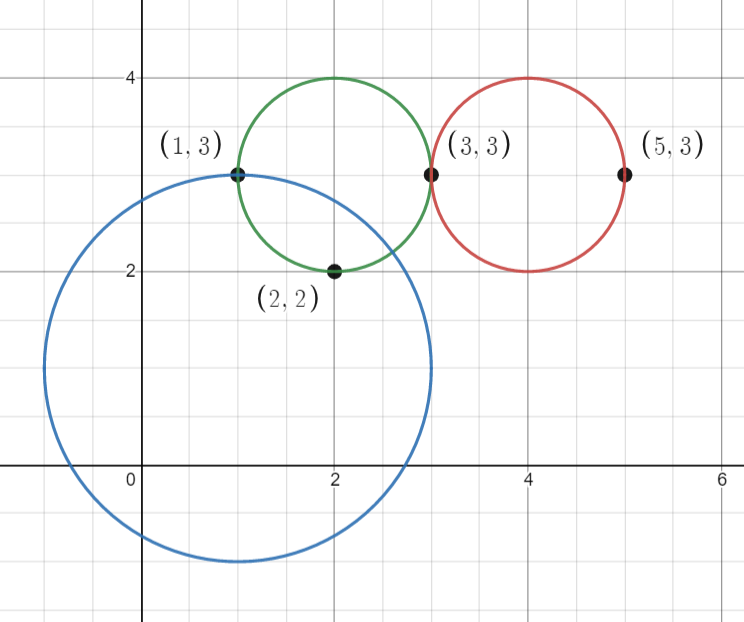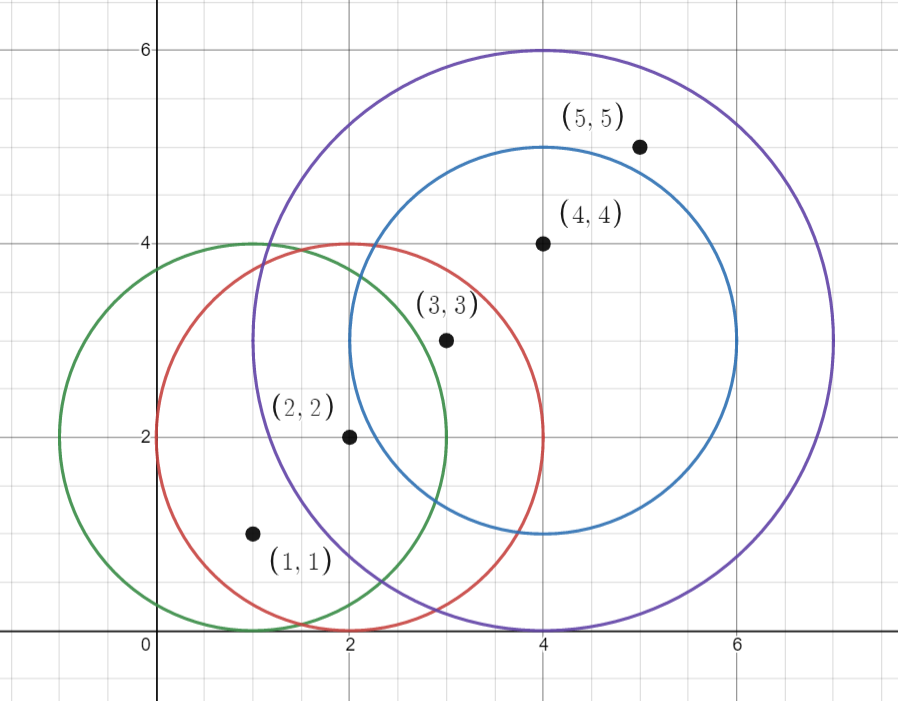A pangram is a sentence where every letter of the English alphabet appears at least once.
Given a string sentence containing only lowercase English letters, returntrue if sentence is a pangram, or false otherwise.
Example 1:
Input: sentence = "thequickbrownfoxjumpsoverthelazydog" Output: true Explanation: sentence contains at least one of every letter of the English alphabet.
Example 2:
Input: sentence = "leetcode" Output: false
Constraints:
1 <= sentence.length <= 1000sentenceconsists of lowercase English letters.
Solution: Hashset
Time complexity: O(n)
Space complexity: O(26)
C++
|
1 2 3 4 5 6 7 8 9 |
class Solution { public: bool checkIfPangram(string sentence) { unordered_set<char> s; for (char c : sentence) s.insert(c); return s.size() == 26; } }; |
Python3
|
1 2 3 |
class Solution: def checkIfPangram(self, sentence: str) -> bool: return len(set(sentence)) == 26 |

